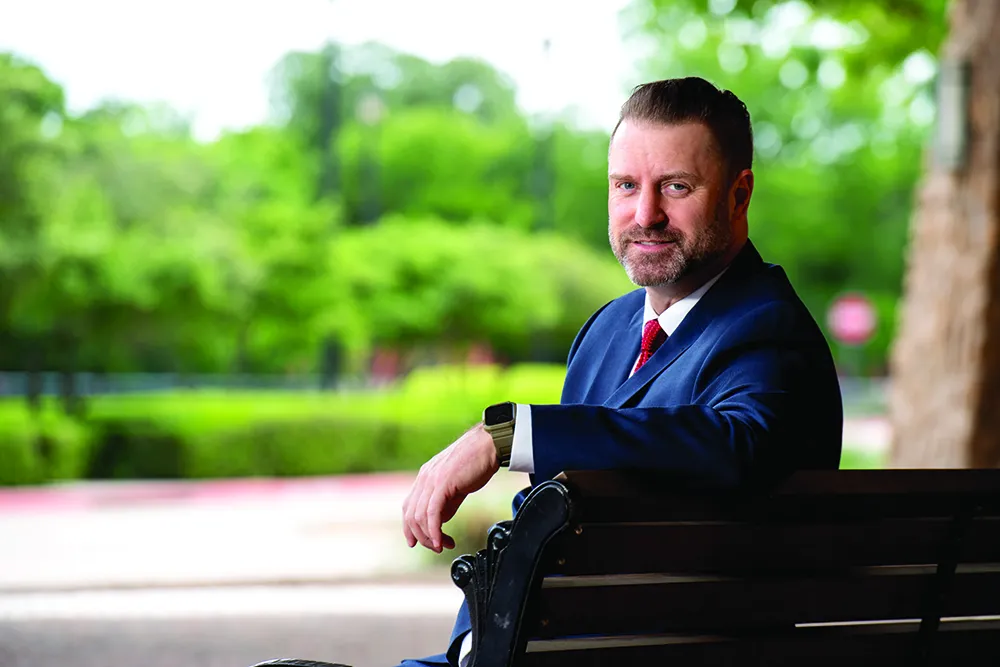Trials are being set-up throughout Christchurch to look at ways of improving traffic management around road works sites to help reduce motorist delays and minimise driver frustration.
Following the earthquakes, New Zealand’s Christchurch City Council and
Christchurch City Council Transport and Greenspace Manager John Mackie says more and more pressure is being put on the road network with an ever increasing number of works sites being set up for the rebuild. The roads are required to support vehicles, cyclists and pedestrians, the crews and equipment for repairing water, storm water and sewerage pipes, those upgrading utilities and building and repairing the roads, as well as those working on rebuilding the central city.
He says critical to the success of the rebuild and for the region’s economic prosperity is keeping the transport network operating at optimal levels. “To achieve this, we need to keep everyone moving.”
A number of trials and investigations are already under way to examine how to deliver greater efficiency with temporary traffic management, speed management and improved messaging to reduce delays and minimise detours.
Mr Mackie says the trials are being carried out at existing SCIRT works sites, with the first results expected within the next couple of months.
Christchurch trials traffic management during rebuild
Trials are being set-up throughout Christchurch to look at ways of improving traffic management around road works sites to help reduce motorist delays and minimise driver frustration. Following the earthquakes, New Zealand’s Christchurch City Council and New Zealand Transport Agency have been working closely with Stronger Christchurch Infrastructure Rebuild Team (SCIRT) and Environment Canterbury to find ways to keep people, goods and services moving to support the rebuild.
June 19, 2013
Read time: 2 mins









